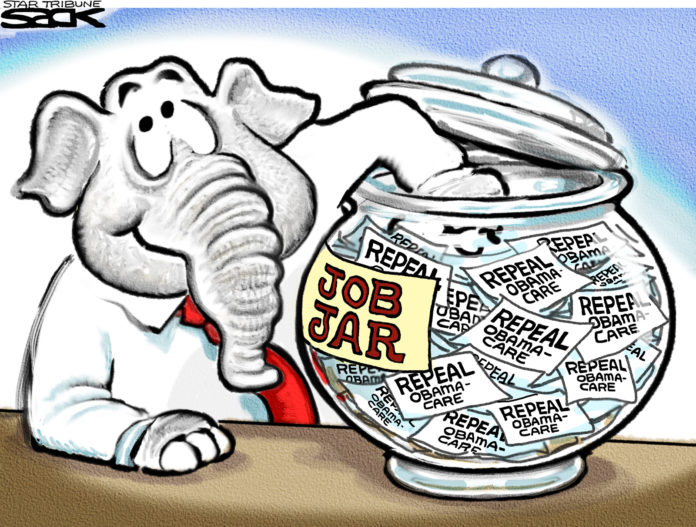BY DAVID PERRYMAN
 I have always wondered what Otorhinolaryngologists did in their spare time in the 1870’s. I bet you have, too.
I have always wondered what Otorhinolaryngologists did in their spare time in the 1870’s. I bet you have, too.
Well, wonder no more … just hum along with me a familiar little tune based on a poem originally called “My Western Home.”
Having staked a claim in Kansas under the federal government’s Homestead Act, Dr. Brewster Martin Higley VI, an ear, nose and throat doctor who was attempting to escape an unhappy past, built his cabin near Beaver Creek and was overwhelmed by the beautiful blue skies, the endless prairie and abundant source of game.
Dr. Higley, who had been twice a widower, arrived in Smith County, KS in 1871 and secured a homestead location that was aesthetically similar to the natural terrain of much of the plains states, including Oklahoma.
Oh, give me a home, Where the buffalo roam, And the deer and the antelope play. Where never is heard a discouraging word, And the sky is not clouded all day.
Dr. Higley’s words are similar to the song, but not identical. Readily memorized, the lyrics quickly spread across the country. Cowboys, settlers and others heading into the frontier made the song the unofficial anthem of the American West. But it did not stop there.
The song has been performed in numerous movies since the turn of the century. Not only countless westerns, but also the Chipmunks and an episode of the TV show Cheers. In 1932, President Franklin Roosevelt called it his favorite song and it was declared the state song of Kansas in 1947.
Today at the end of each University of Kansas home football game, the band plays an arrangement of “Home on the Range.”
Ideally, the natural beauty and bounty of Oklahoma, like the area around Dr. Higley’s cabin should eliminate any thought of discouraging words. Unfortunately, all is not bliss in the land of buffalo and beautiful sunsets.
In Dr. Higley’s time, all the way up to the last three or four decades, medical care was affordable to just about anybody who needed a doctor; even an ear, nose and throat specialist like Dr. Brewster Martin Higley VI.
Things have changed. In 1986, at the request of President Ronald Reagan, Congress passed the Emergency Medical Treatment and Active Labor Act. The law requires hospitals to treat patients in need of emergency care regardless of their ability to pay, citizenship or even legal status.
Consequently, three things happened in rapid succession. Patients who could not pay their doctors went to the emergency room instead; hospital charges skyrocketed; and medical bills quickly became the No. 1 cause of personal bankruptcy.
Compounding our problem is Oklahoma’s chronic health condition where about one in three adults is obese, one in four smoke and one in five is uninsured.
Oklahomans have indicated that they do not want to participate in the Affordable Care Act. Unfortunately, no one in the Sooner State is proposing an alternative.
Playing politics with the lives and healthcare of working Oklahomans is not good policy. The hard truth is that in about five months, the Medicaid reimbursement rate for the one in six Oklahomans currently enrolled in that federal program will be cut back.
Oklahoma’s hospitals are bracing for the cuts. Particularly hard hit will be rural hospitals. Layoffs will be necessary and jobs will be lost, like they were in Bartlesville this summer. We do not have jobs to spare. We cannot continue to bury our head in the sand.
We must have a plan. It is imperative that we work in a bipartisan to keep our rural hospitals from being harmed. They are imperative to the quality of life in our rural communities. If we refuse the proposal that is on the table, we must advance an alternative plan that will protect our citizens and our hospitals.
Silence is deadly.
By the way, Dr. Higley eventually found the paradise featured in his song. His “final” home on the range was the beautiful Fairview Cemetery in Shawnee, OK.
– David Perryman, a Chickasha Democrat, represents District 56 in the Oklahoma House of Representatives








